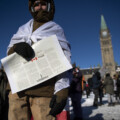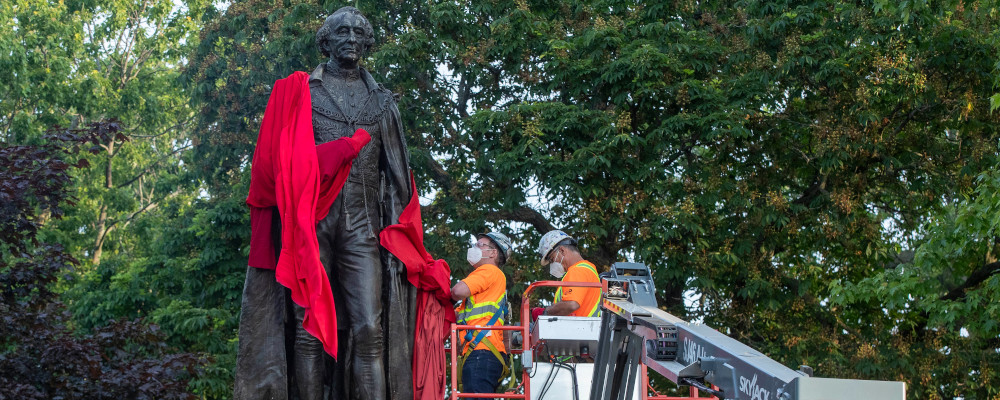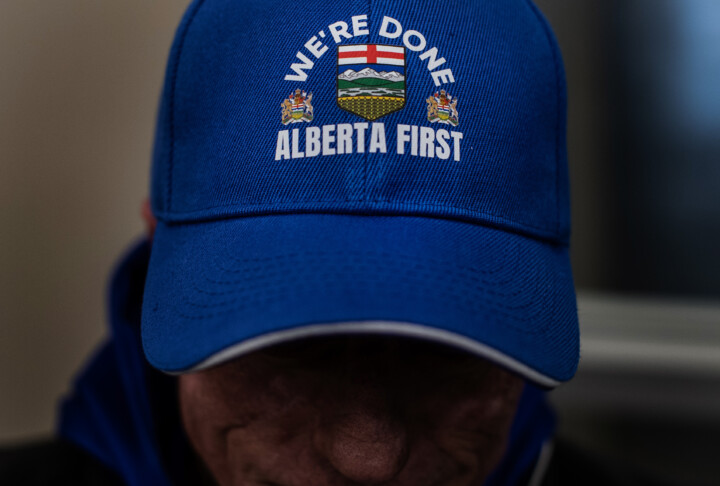Twenty-five years after its initial publication, Who Killed Canadian History? is an odd thing: a pessimistic book by a jaded author that was probably too optimistic.
In 1998 Granatstein warned us about two big things: first, that a range of actors, from schools and museums to the CBC and universities were losing historical rigour. Schools hardly required any Canadian history and, when they did, it was taught in scattered fashion. They didn’t offer rigorous chronological accounts of the nation’s past but instead dipped into the past to tell a hodge-podge of stories with no overall coherence.
Granatstein’s second point was related to the first: he warned that we were losing the story of Canada itself. In the desire to explore diverse experiences, to include the stories of immigrants, women, Indigenous peoples, and others, the purveyors of Canada’s past were losing sight of the fact that there really was a Canadian story amidst all this diversity. The book was a plea for historians to tell stories about what Canadians had in common.
The main way to do this was to prioritize accounts of national politics and constitutional development, and the nation’s involvement in wars overseas. How did Canada come to be? What did Canadians struggle over as Canadians?
Granatstein still claimed that these other diverse stories mattered (though it’s safe to say many of his professor readers didn’t believe him). But he argued that the nation needed a unified narrative. He saw it ebbing away.
He wasn’t wrong—except in not being sufficiently pessimistic.
It’s now clear that the disorganized mess of which Granatstein complained was the point all along. The glitch wasn’t a mix-up; it was the intended destination.
Anecdotes of oppression are the new national narrative—a conception of Canada as merely a settler colonial nation, steeped in a racist history, whose people have been oppressed, and whose even ostensibly positive policies like official multiculturalism merely hide exclusionary tendencies. This is the new Canadian story.
In the Canada of 2023, there are many iterations of this largely negative national story. The activists toppling statues certainly propagate it with abandon; seemingly any white male colonial figure is a legitimate target of desecration. But so too do the museum curators devoted to decolonization—or the art gallery curators who won’t let us enjoy Rembrandt or Vermeer without accompanying plaques decrying the Atlantic slave trade or colonialism. The pro-Palestinian petitions that talk about “so-called” Canada are absolutely picking up on this story that the country is so illegitimate as to not even deserve to be named without qualification.
Patriotism is politicized. Those who fly Canadian flags from their car windows, with the “F*** Trudeau” bumper stickers are a new counterculture. In a country that used to be quite English in its sense that nationalism was for crude Americans, we have now in our midst exactly that form of rough hypernationalism, but it arrives not as a majority concern, but instead from a political minority. These are voices of protest against an educated elite who either stand by meekly as national institutions and traditions are written over, or who are themselves orchestrating the destruction.
For many scholars, it was never the intention to denigrate Canada. For many—and I used to count myself amongst them—we were interested in what you might call “What about?” history. That is, we wanted to look at the stories previously unexplored. What about those not involved in national politics? What about the working class and their struggles? What about Indigenous peoples? What about women’s struggles? What about new immigrants to this country, especially those who hadn’t fit into the for-so-long dominant French and English two-nations idea of Canada?
These questions were—and remain—important. High politics tells us about certain aspects of our past, but it misses a lot. It seemed logical and compelling to offer a richer account of Canada’s diverse history. There was also the point that nationalism can seem, to intellectuals, like a fool’s game, so obviously sentimental and arbitrary in its loyalties. To tell national stories, as Granatstein wanted us to do, seemed simplistic.
The problem is that these curiosity-based scholars have provided cover for activist scholars with an axe to grind. Under the guise of “correcting” an older national story, quite radical Left scholars use university funding and positions, and national research grants, to attack the country that makes their livelihood possible. This is, in a sense, the inevitable consequence of believing in an open-liberal society. It is—and should—be possible to castigate a nation’s sins from within the main institutions of that nation. You don’t want to live in a country where this isn’t possible.
“Something has gone awry amongst our intellectual class.”
But it’s clear also that something has gone askew, that other scholars aren’t exercising the normal disciplinary pressure or criticism that we ought to expect. Something has gone awry amongst our intellectual class.
We might have expected a serious scholarly body like the Canadian Historical Association to want to foster debate about the meaning of a concept like genocide—and the way in which activists were attempting to modify the commonly accepted uses of this term. We would certainly hope that such a profession would be very interested in looking at how something like the many negative experiences of the Indian Residential School System in Canada differed from what we otherwise call genocide. Should we really use the same term to describe both residential schools and the massacres in Rwanda? Can we really not see the need for a different concept to describe the intentional murdering of six million Jews as compared to the still negative experience of residential schools? To any reasonable person, these ought to be legitimate questions. Instead, two years ago, that professional body asserted that there was to be no debate. The profession had spoken and residential schools were now to be labelled as genocidal.
Then some historians pushed to even criminalize debate on the topic, calling it “residential school denialism”. Even in the face of this illiberal attack, Canadian historians remained silent. There is some hope that, behind the scenes, more temperate and reasoned voices will prevail. But so far, moderate voices accede to the radicals and Canadians are left with official institutions which present over-the-top unreasoned accounts of Canadian barbarity as “truth”, and smear critics as backward and retrograde.
The ideological capture of the universities and other elite institutions makes this possible. Over 90 percent of professors vote for Left-leaning parties. More temperate scholars might not like the excesses of their radical colleagues but, after all, they are on the same side. It’s the radical progressive version of “boys will be boys.” After all, they’ll say, the political message is right.
It’s probably not a coincidence that the Trudeau government has never released an updated Citizenship Guide. The old guide, created under the Harper government, was widely panned by Left-leaning Canadian academics for not telling the new woke narrative. When the Trudeau government took office, they immediately began work on a new version. Nine years later, it still hasn’t arrived. One has to think that somewhere within the machinery of government bureaucrats are wondering how on earth the government could release a guide to its new prospective citizens that instructs them in the horrors of the country they are about to join.

What would those from authoritarian China think of tales of Canadian illiberalism except to laugh? Or how about new immigrants from Afghanistan? Would it make sense to such a person, who has fled persecution, to come to Canada only to be told that what you really need to know about this country is its horrible record on race relations or gender-based violence? Is this really what makes the Canadian story distinct? Given that we have not yet seen the new guide, despite the fact that a full draft was finished years ago, it’s possible that some sane voices within the government have been wondering the same thing.
Or, perhaps worse, maybe my assessment is too naïve. Perhaps it’s just that people within the government are debating how low to go, fighting over which stories of atrocity to privilege. After all, in the victimhood Olympics, the gold medal surely is making it to the Citizenship Guide.
Given all that has changed over the last twenty-five years since the publication of Who Killed Canadian History?, you might ask: why isn’t there a second edition? Shouldn’t we get a new book, maybe with a new title like Who Keeps Desecrating the Now Long-Dead Corpse of Canadian History?
The answer is as depressing as it is clear. Granatstein’s editors told him that, yes, a new book probably would be great. Yes, it would probably sell very well indeed. But could they publish it? No, they could not. Why not? Because the staff at the publishing house would revolt.
And that is what happens when the radical Twitter mob takes over our institutions, and ostensibly saner voices allow it to happen.
Recommended for You

Take the Alberta separation threat seriously, Canada
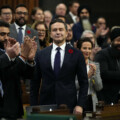
Pierre Poilievre secured a resounding win—here’s why: The Weekly Wrap
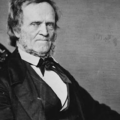
William Lyon Mackenzie is worth the drive, if you can find him
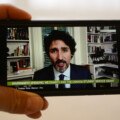
We need thorough ethics investigations, not fulsome ones
